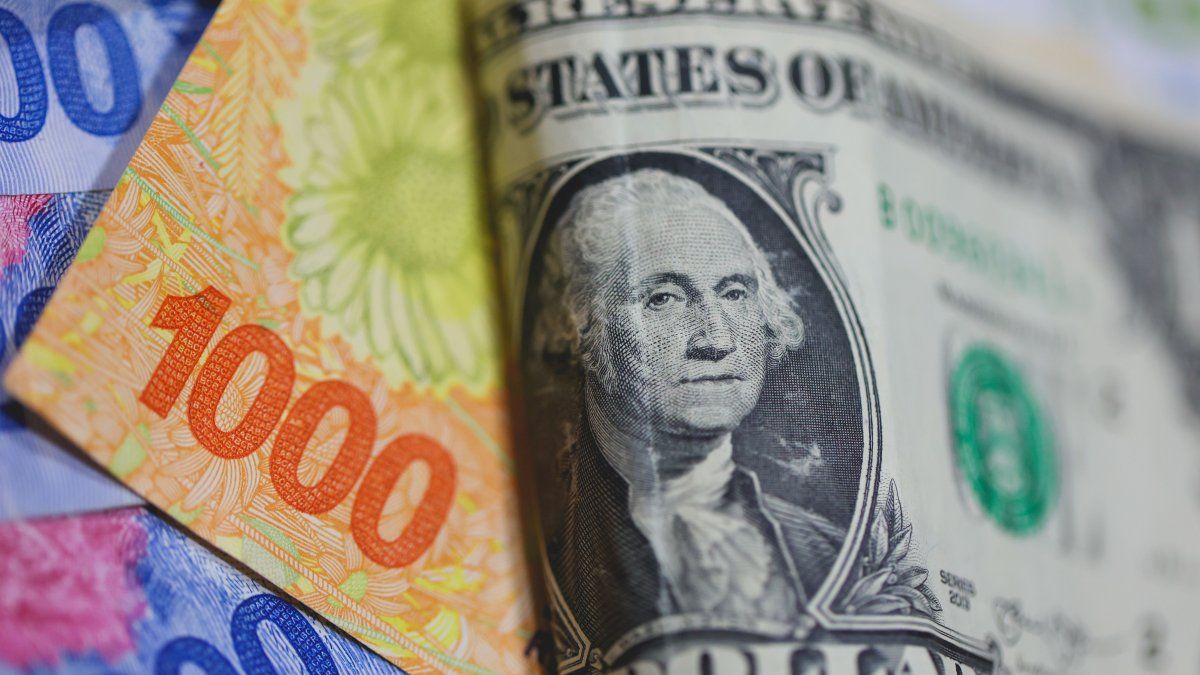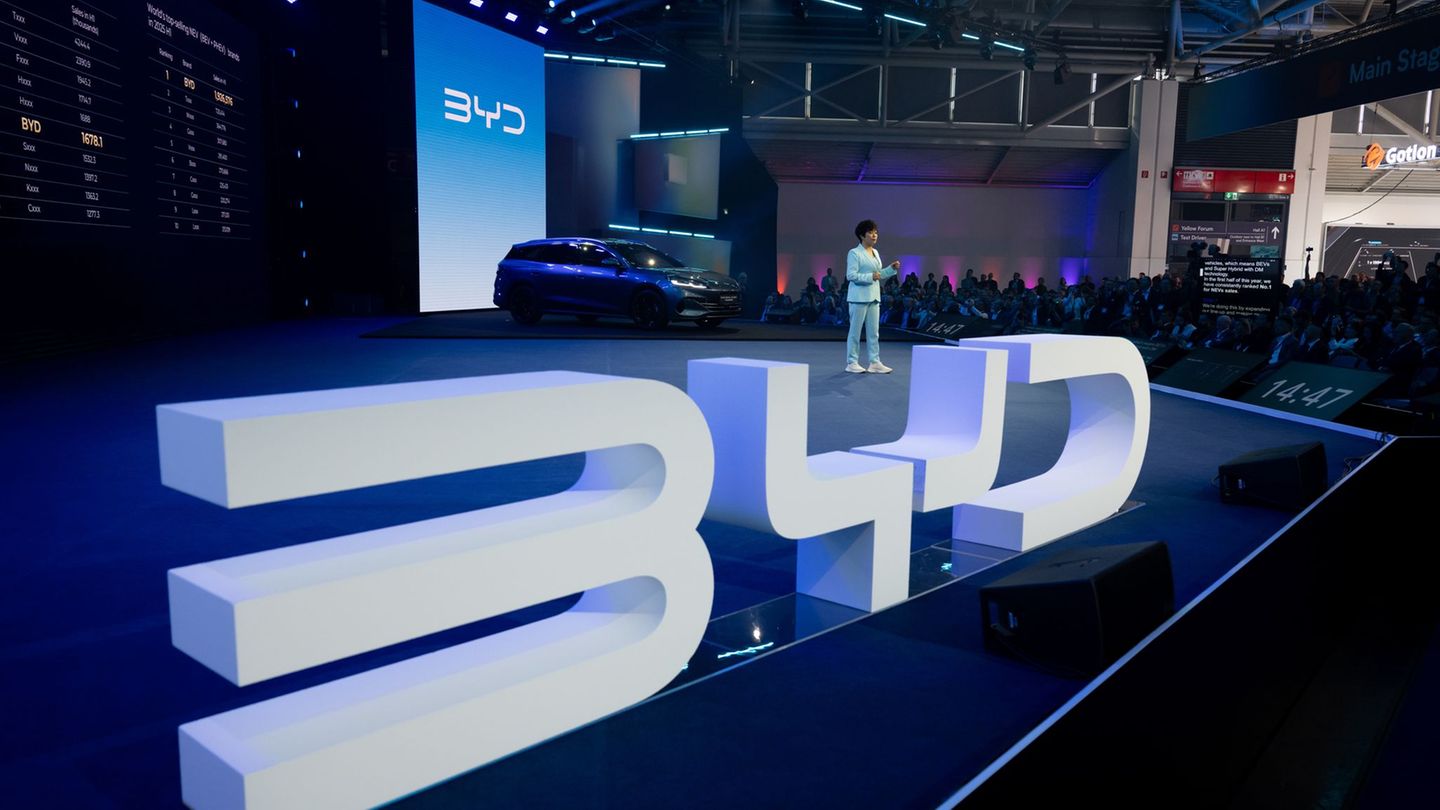Menu
Auto industry: Chinese car manufacturers are targeting Germany
Categories
Most Read
Which are the provinces with the largest number of workers and what salaries do they pay?
October 19, 2025
No Comments
Mother’s Day sales fell 3.5% annually
October 19, 2025
No Comments
They will do everything possible to generate panic with the dollar
October 19, 2025
No Comments
Meat increased less than inflation in the last four months: the reasons
October 19, 2025
No Comments
Economist warns of real wage increases at the expense of competitiveness
October 19, 2025
No Comments
Latest Posts

Students and Gymnastics encourage a new edition of the La Plata classic
October 19, 2025
No Comments
October 19, 2025 – 15:26 Pinchas and triperos face different realities, within the framework of the 13th date of the Clausura Tournament. NA Students and

Currency competition?: after the exit of the stocks, dollarization intensified and deposits exceeded US$34,400
October 19, 2025
No Comments
The seeking refuge in the dollar and the consequent fall in demand for pesos —a cyclical behavior in the Argentine economy that usually intensifies in

Carlos Melconian warned that there are numbers that reflect a devaluation and that the dollar could reach $2,000
October 19, 2025
No Comments
October 19, 2025 – 15:10 The economist gave his forecast for the economy following the October 26 elections. He stated that the official value of
24 Hours Worlds is a comprehensive source of instant world current affairs, offering up-to-the-minute coverage of breaking news and events from around the globe. With a team of experienced journalists and experts on hand 24/7.

